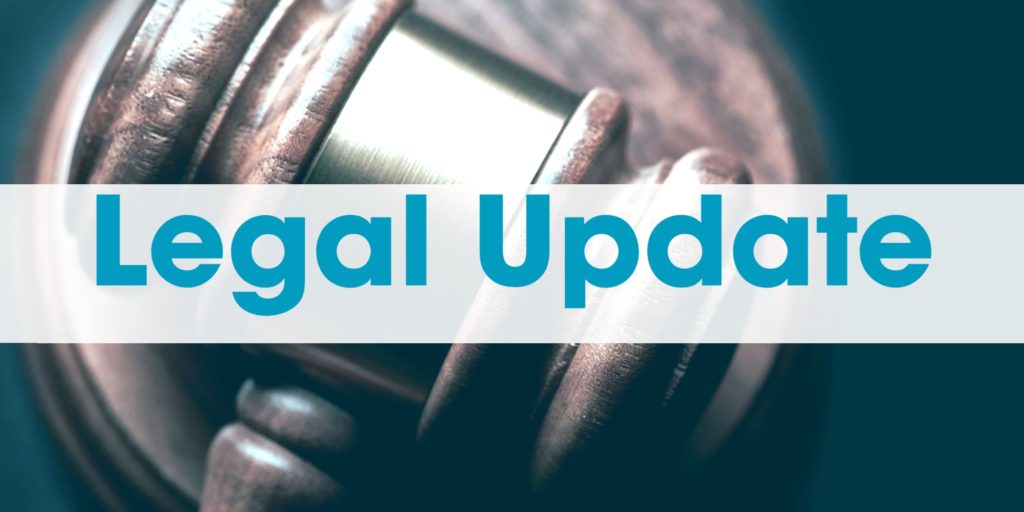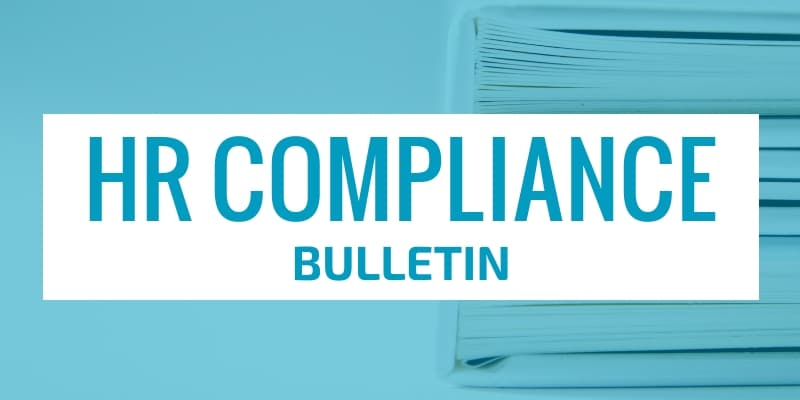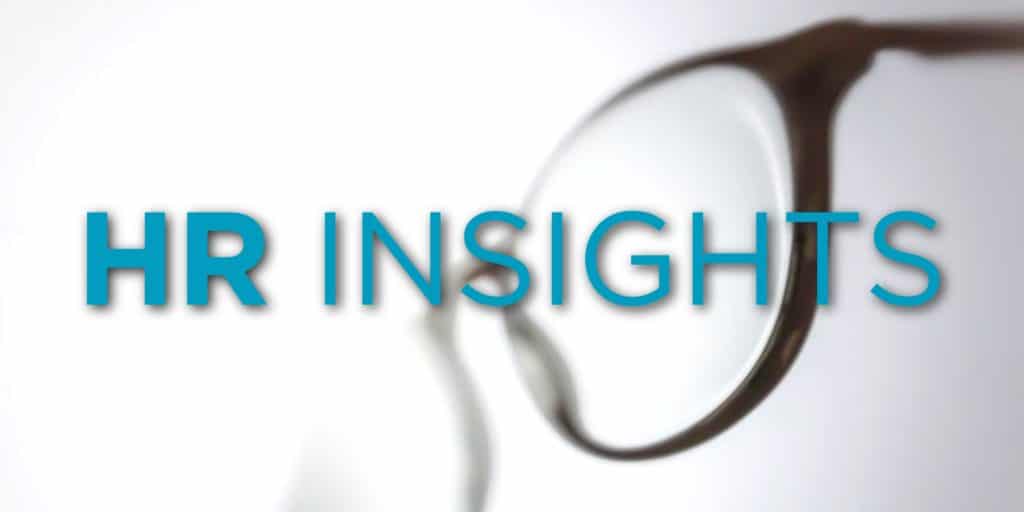02 Oct NYC Changes to Paid Sick Leave Law Take Effect Sept. 30
 New York City has amended its Earned Safe and Sick Time Act (ESST) to align with the state’s paid sick leave law (PSL), which was passed in April 2020 as part of the state budget. Both the amendments to the city ESST and the accrual and notice portions of the state law take effect Sept. 30, 2020.
New York City has amended its Earned Safe and Sick Time Act (ESST) to align with the state’s paid sick leave law (PSL), which was passed in April 2020 as part of the state budget. Both the amendments to the city ESST and the accrual and notice portions of the state law take effect Sept. 30, 2020.
The ESST amendments make a number of changes to the law, most notably how much leave must be provided by employers of different sizes, as follows:
02 Oct IRS Issues Guidance on the SECURE Act
 On Sept. 2, 2020, the Department of the Treasury (Treasury Department) and the Internal Revenue Service (IRS) released Notice 2020-68, which provides guidance on certain provisions of the Setting Every Community Up for Retirement Enhancement Act of 2019 (SECURE Act).
On Sept. 2, 2020, the Department of the Treasury (Treasury Department) and the Internal Revenue Service (IRS) released Notice 2020-68, which provides guidance on certain provisions of the Setting Every Community Up for Retirement Enhancement Act of 2019 (SECURE Act).
Key SECURE Act provisions addressed by the notice include:
- The small employer automatic enrollment credit (Section 105);
- The repeal of the maximum age for traditional Individual Retirement Account (IRA) contributions (Section 107);
- Participation of long-term, part-time employees in 401(k) plans (Section 112); and
- Qualified birth or adoption distributions (Section 113);
02 Oct Your Wellness Matters: Musculoskeletal Disorders
 According to the Bone and Joint Initiative USA, nearly 1 in 2 Americans over the age of 18—or 124 million people—have a musculoskeletal disorder. And, according to OSHA, work-related musculoskeletal disorders are among the most common disability claims.
According to the Bone and Joint Initiative USA, nearly 1 in 2 Americans over the age of 18—or 124 million people—have a musculoskeletal disorder. And, according to OSHA, work-related musculoskeletal disorders are among the most common disability claims.
What are musculoskeletal disorders?
Musculoskeletal disorders (MSDs) refer to a variety of conditions that affect your joints, bones and muscles. According to the World Health Organization, there are more than 150 conditions that are considered MSDs, the most common being osteoarthritis, back and neck pain, fractures and systemic inflammatory conditions (e.g., rheumatoid arthritis).25 Sep Keeping Political Discussion Civil at Work
 Political discussion has and will continue to be a reality in many work environments. Work can already be a stressful place for many, with political discussion adding an additional stressor for employees—and in many cases, an additional concern for employers. While disagreement in and of itself isn’t always a detriment to all workplaces, political discussion can negatively affect the work environment for many employees.
Political discussion has and will continue to be a reality in many work environments. Work can already be a stressful place for many, with political discussion adding an additional stressor for employees—and in many cases, an additional concern for employers. While disagreement in and of itself isn’t always a detriment to all workplaces, political discussion can negatively affect the work environment for many employees.
This article addresses the impact that political discussion has in the workplace and steps that employers can consider to help keep political discussion civil.

25 Sep DOL Proposes Changes to FLSA Independent Contractor Classification Test
 On Sept. 22, 2020, the U.S. Department of Labor (DOL) announced a proposed rule to clarify how employers should classify their workers as either employees or independent contractors.
On Sept. 22, 2020, the U.S. Department of Labor (DOL) announced a proposed rule to clarify how employers should classify their workers as either employees or independent contractors.
Accurate worker classification enables employers to determine which obligations, protections, rights and benefits apply to their employees under the law.


